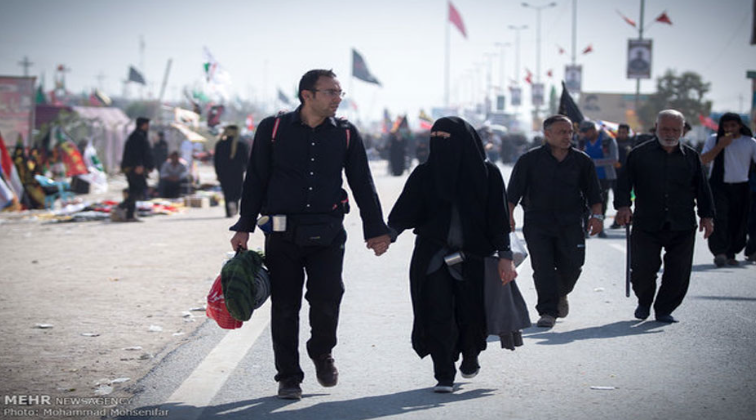The Iraqi Security Media Cell confirmed on Tuesday that comprehensive early preparations are underway for the upcoming Arbaeen pilgrimage. In addition to extensive internal security measures, the Cell underscored the importance of high-level coordination with neighboring countries to ensure border security throughout the pilgrimage period. It also emphasized that the operational plan has been significantly reinforced through aerial reconnaissance and robust intelligence efforts.
Major General Tahseen al-Khafaji, Head of the Security Media Cell, told the Iraqi News Agency (INA):
"Preparations for the Arbaeen pilgrimage of Imam Hussein (peace be upon him) began well in advance, including plans for the month of Muharram, which have been in progress for several months. Our aim with this early planning is to create a secure environment and ensure that all roads and border crossings are fully protected, as millions of pilgrims enter Iraq through these crossings. This requires a deep and comprehensive security approach."
He added that "these proactive operations have successfully established a safe atmosphere. Since the beginning of the month of Safar, pilgrims have been arriving in Karbala on foot, with the journey starting from Basra Province. Our security plans are continuously being updated and strengthened."
Al-Khafaji further noted:
"Security units have been effectively deployed across all operational sectors, each managed under a unified command and control structure to prevent any overlap or conflict in orders. Each security ring—whether Rapid Response Forces, Popular Mobilization Units, Federal Police, or the Iraqi Army—is operating under coordinated leadership. The plan is further bolstered by intensive intelligence support and aerial surveillance by the Iraqi Air Force and Army Aviation."
He also pointed out that certain Army Aviation units have been designated to provide emergency medical airlift services for critical health cases during the pilgrimage.
Regarding coordination with neighboring countries, Al-Khafaji stated:
"There is a high level of security cooperation with regional neighbors—including Iran, Turkey, Kuwait, Saudi Arabia, Jordan, and Syria—in the area of border control and stabilization, aimed at maintaining a secure regional posture during the Arbaeen period.

